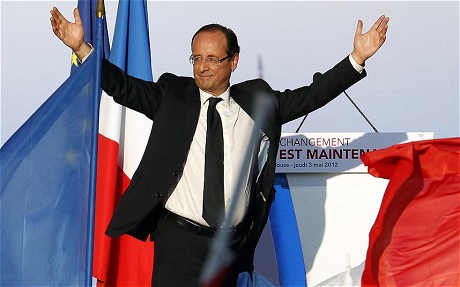The Egyptian public prosecutor has ordered the trial of ex-President Mohammed Morsi and 35 of his fellow Muslim Brotherhood members for allegedly collaborating with foreign organizations to carry out terrorist attacks and revealing defence secrets. Specifically, Morsi is accused of spying for Hamas, a Palestinian terrorist group, and assisting in acts of terror within Egypt.
This adds to the mounting difficulties that Morsi has been facing since July of this year when he was deposed as President by the Egyptian military. Aside from being held in custody since his ousting, he faces charges of incitement to murder in connection with the protests against his rule from December of 2012.
The consistent dilemmas that Morsi faces are a somewhat cautionary signal of the Arab Spring. The lofty hopes and dreams of a new period of Egyptian democracy were clearly misconceived; Morsi’s alleged involvement in terrorism as well as the mass unrest in the wake of his election prove that the Spring’s rhetoric did not live up to its promises. Just like many of the Color Revolutions in the former Soviet Union and the Balkans, the Arab Spring is a salient example of however well-intentioned they are, social movements do not always result in a change from governments that rule autocratically. Moreover, with Mohammed Morsi as a salient example, they have the ability to spur more anti-democratic behaviour.




